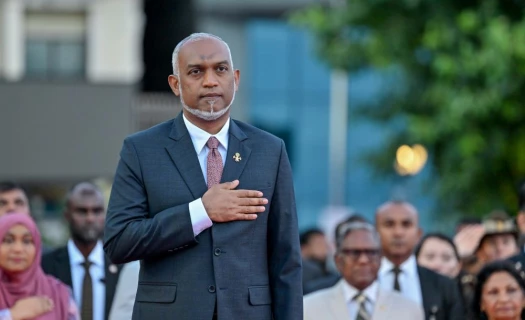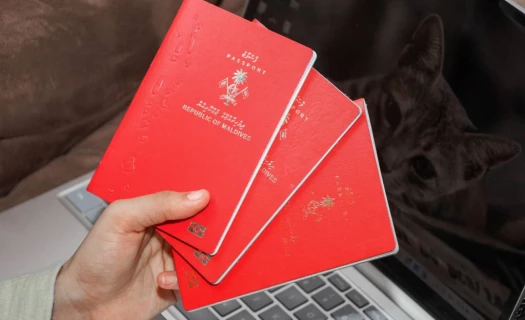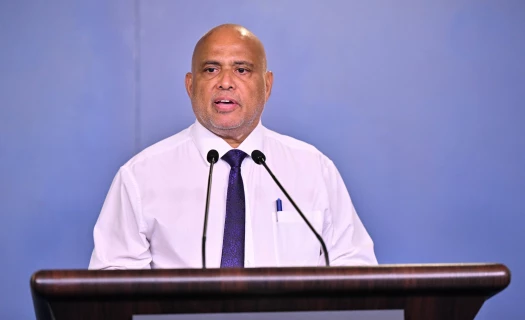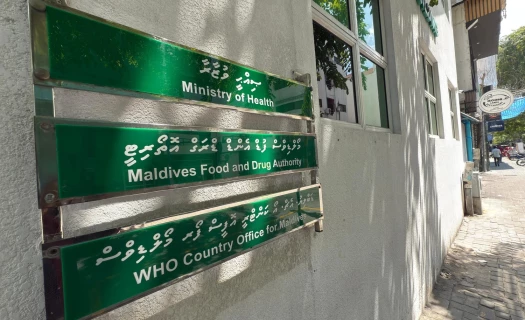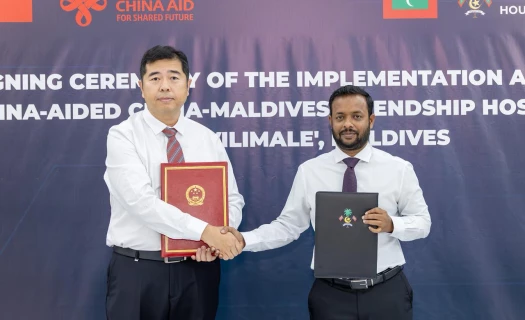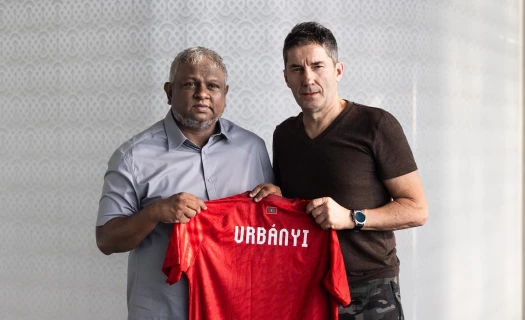Former administration faces claims of irresponsible conduct impacting Maldives' maritime domain

In a recent revelation, allegations have surfaced regarding the conduct of the former president, Ibrahim Mohamed Solih's government, suggesting that their actions may have deprived Maldives of a significant portion of the country's maritime territory.
The issue centers around a maritime boundary dispute with Mauritius, sparking concerns and raising questions about the handling of the case by the previous administration.
The dispute originated from a 2019 International Tribunal for the Law of the Sea (ITLOS) ruling, asserting that the Chagos archipelago, located closer to Maldives' southern Addu City than Mauritius, belonged to the latter.
This ruling implied the potential demarcation of the International Maritime Boundary Line (IMBL) between the two neighboring nations.
Unfortunately, the outcome has been unfavorable for Maldives, resulting in the loss of a significant portion of its maritime area in that region.
The “Vilares” committee, formed by the Attorney General's office to determine a course of action regarding this case, consulted two foreign experts, including England's King's Council and a Maltese Law of the Sea team.
Reports indicate that the former government acted irresponsibly during the initial stages of the case, failing to utilize available defensive stances to protect the country's interests.
Despite challenges in changing the ITLOS decision, dual foreign experts appointed by Maldives to regain the lost area following the separation boundary between the island nation of Mauritius and Maldives have stated that the ruling of the International Tribunal for the Law of the Sea (ITLOS) regarding the maritime dispute between the two countries to confer the sovereign power of Chagos to Mauritius is not sound by international legal standards.
They expressed doubts about the implementation of this decision.
The Attorney General's office in a statement released today outlines that, with the advisory opinion of the International Court of Justice (ICJ) taken into account, the final ruling of the case cannot be considered a decision that stipulates action under international law, because Chagos remains outside the sovereign power of Mauritius and there are disputes regarding the matter.
Experts had advised that it is legally questionable whether ITLOS is legally able to make a decision on this case and stated that for these reasons, there are obstructions for implementing the decision as it is
stated Attorney General's office
For background, Chagos is a group of seven atolls comprising more than 60 islands in the Indian Ocean about 500 kilometers south of the Maldives archipelago.
For decades, Mauritius and the United Kingdom have been in a dispute over ownership of the Chagos Islands.
After Mauritius claimed the Chagos Archipelago as Mauritian territory when gaining independence from the United Kingdom in 1968, Maldives became embroiled in the dispute as the country's EEZ overlaps with that of Chagos.
The Attorney General's office emphasizes its commitment to regain Maldives’ maritime area that the country had lost and change ITLOS' decision on the separation line between Mauritius and Maldives.
As the nation grapples with the implications of this maritime dispute, the allegations against the former government's conduct shed light on the complexities surrounding the case and the potential consequences for Maldives' maritime interests.

